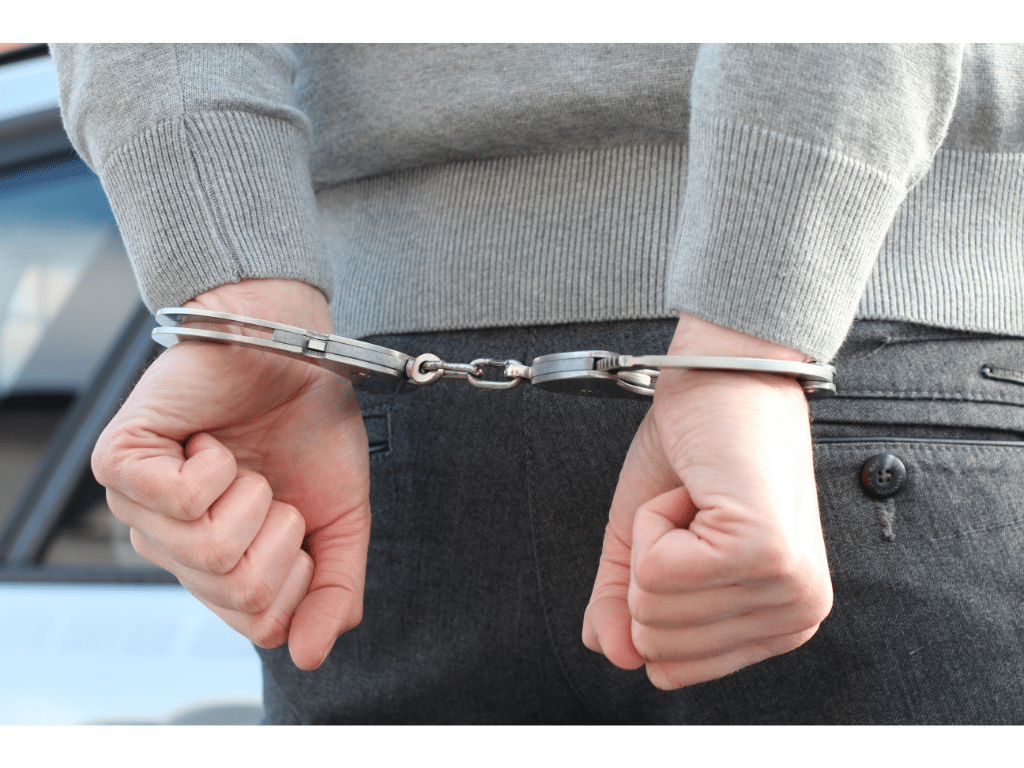Study finds too few legal challenges to psychological tests
Legal experts recently joined forces with experts in the science of clinical psychology to study psychological test legality and how successful the legal system is in weeding out questionable evidence. The researchers say the results are troubling.
The two sets of researchers did a two-part, carefully designed and controlled study to see how well courts use psychological tests. According to their results, unreliable and irrelevant tests often help decide child custody, disability benefits, fitness to testify or stand trial, prison sentences and much else. And few people ever ask whether the tests should be used at all.
Psychologists rate tests on trustworthiness
A team of psychologists looked at 22 surveys of mental health experts with specialties and experience in forensic psychology (using psychological clinical expertise in the criminal justice system and civil courts). With these surveys, they created a list of 364 different tools used in legal cases to evaluate or diagnose people’s psychological states.
Then, for each tool, they looked for evidence that qualified researchers had ever tested the tools or published any results. The team then systematically assigned ratings of reliability to each psychological test used in the legal system.
Law professors catalog challenges to psychological tests
The team then chose 30 of the psychological tests to fully examine their use in legal situations. They chose their sample to represent a range of important legal and psychological issues, as well as a range of reliability including reliable, unreliable and mixed reliability.
Law school professors and their assistants then combed through Westlaw’s database within a three-year span, finding every case that involved any of the 30 tests, yielding 372 cases. The professors then determined whether anyone had challenged using the tool, and on what grounds, and the result of any challenges.
Trying to match test quality to success in court
The team found only two-thirds of the tests used in cases were generally accepted in the field of psychology. Only two in every five had generally positive reviews in the authoritative references that establish acceptable practices.
Even so, using the tests was challenged in just 5.1% of cases, and barely half of even these challenges were about the validity of the test itself. In the tiny sample of cases where someone challenged a test’s validity, the challenge succeeded only one-third of the time.
So, judging from this large and systematic study, the researchers say legal challenges of clinical tests that the scientific psychology community thinks are the most questionable “are almost nonexistent.” Whether psychological science sees a test as legitimate seems to have almost no effect on whether it is challenged in court, according to the findings.
Contact the lawyers at Robert P.Kelly Law if you have a legal question that needs answering.

